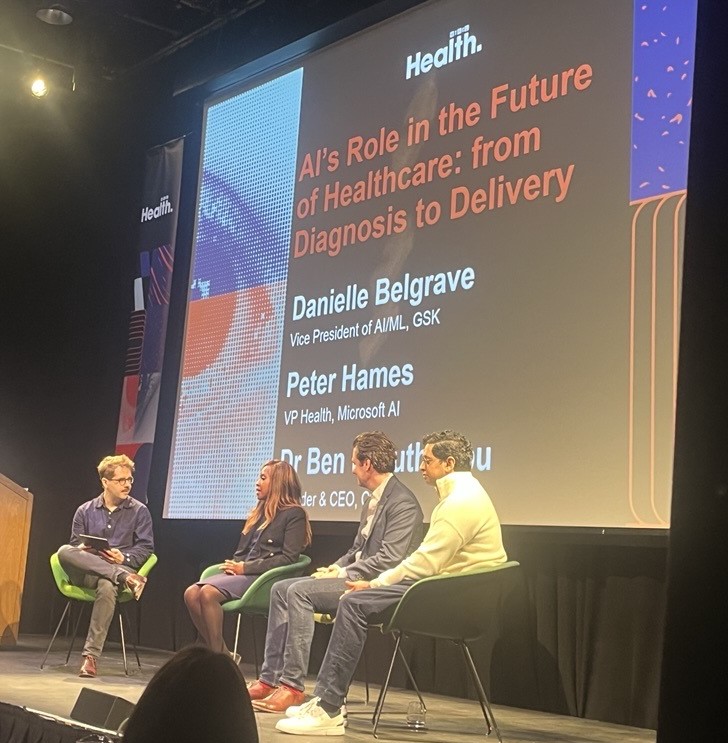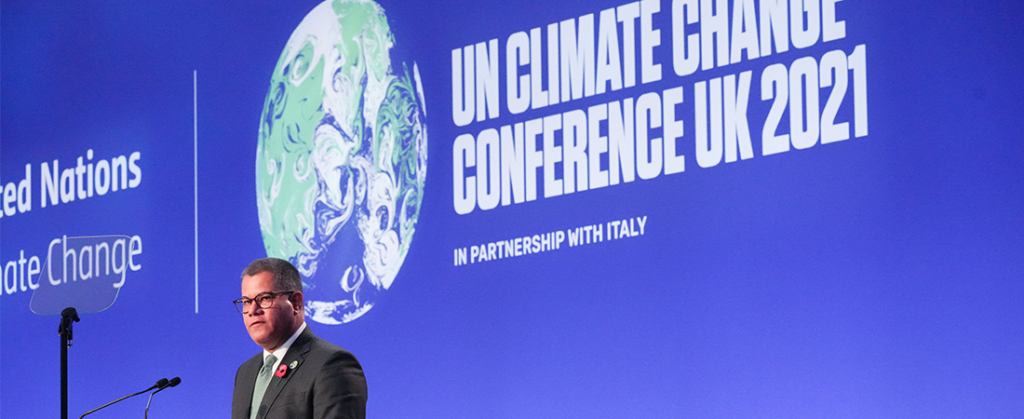Artificial Intelligence (AI) is no longer a futuristic vision – it is actively transforming healthcare today. From tackling the antimicrobial resistance (AMR) crisis to delivering personalised cancer vaccines, there was a strong sense of optimism at WIRED Health 2025 about AI’s potential to address the greatest healthcare challenges.
Former Chief Medical Officer, Dame Sally Davies, warned that without action, the global human healthcare costs of AMR could soar to $150 billion annually. But despite huge progress still to be made, after years of neglect in antimicrobial research, generative AI is now stepping in to design novel antibiotics potentially faster than superbugs could evolve.
Accelerating drug discovery is just one of many applications of AI in health. It’s also revolutionising our understanding of disease biology, unlocking new insights from existing datasets, improving disease prevention and detection, and enhancing efficiency across the health system.
But with seemingly limitless possibilities, can the potential of AI truly be realised in the UK’s complex, highly regulated and fragmented healthcare system?
This is a question that the UK Government is currently grappling with, making it a priority for their recently created Regulatory Innovation Office. Alongside this, the Government’s new regulation Action Plan aims to cut bureaucracy and drive economic growth through a pro-innovation regulation approach to AI, while ensuring safety and ethics in emerging technologies.
In health, this means enhanced data sharing and collaboration between the Medicines and Healthcare products Regulatory Agency (MHRA) and the National Institute for Health and Care Excellence (NICE), as well as specific regulations to enable the safe development of highly personalised and critical medicines.
Although regulatory hurdles remain a concern, the right approach could position the UK as a global leader in AI-driven healthcare. The message from Dr Lennard Lee (Associate Professor at the University of Oxford) and Dame Kate Bingham (Former Chair of the UK Vaccine Taskforce) was clear – the UK is in a prime position to show what is possible when technology is championed and Government work in lockstep with pharmaceutical companies.
They pointed to the success of COVID-19 vaccines as a model for innovation, drawing parallels with emerging cancer vaccines. This is an area where the UK has established itself as a global leader through showcasing its unique position in AI, genomics and vaccines. By leveraging AI to rapidly recruit the right patients for research, the UK is enabling world-first clinical trials to complete up to a year ahead of schedule and it’s now hoped that the first licensed cancer vaccine will be available to patients in the UK within the next five years.
Unlocking the full potential of AI in healthcare requires more than just cutting-edge technology, it demands a fundamental shift in collaboration between Government, regulators and the pharmaceutical industry. Through appropriately fast-tracking approvals and working together to anticipate future needs, the UK can ensure patients benefit from world-leading innovations sooner.
Success depends on rapid access, robust safety and ethical oversight, and it’s the responsibility of all players in the healthcare ecosystem to come together and deliver this reality.






